#ancient fossils
Explore tagged Tumblr posts
Text
South Africa’s Cradle of Humankind Caves Reopen, Breathing New Life into Humanity’s Origins
Deep beneath the sunlit plains of Gauteng, where limestone walls have silently guarded secrets for millions of years, a grand reopening is underway. The Sterkfontein Caves — part of the UNESCO World Heritage Site known as the Cradle of Humankind — have swung their gates open again, welcoming visitors back into one of Earth's oldest chapters.
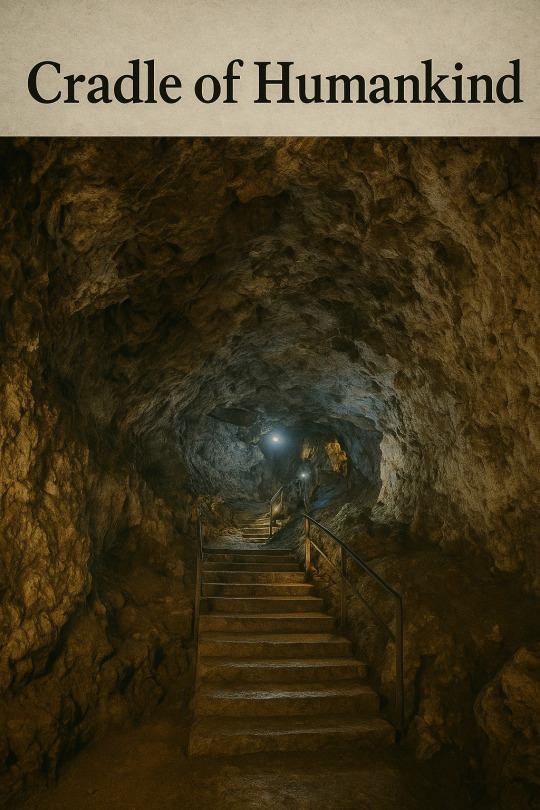
#Cradle of Humankind#Sterkfontein Caves#South Africa tourism#ancient fossils#human origins#UNESCO World Heritage Site#Little Foot fossil#Mrs Ples skull#Krugersdorp attractions#cave exploration South Africa#Insightfultake on cradle of humankind in South Africa
0 notes
Text

#he has wings in my delusional thoughts#what a sassy dickhead#mass effect javik#prothean#mass effect 3#ancient cockroach alien with the age of a fossil#why is he stretching in nude???#hahahaha
3K notes
·
View notes
Text
What can we learn from a dinosaur feather preserved in amber? Let’s go behind the scenes of the Museum’s collection of amber fossils to find out!
#science#amnh#museum#fossil#natural history#nature#animals#dinosaur#fact of the day#paleontology#did you know#natural history museum#museum of natural history#amber#cool animals#evolution#stem#insects#entomology#museum collections#ancient animals#prehistoric animals#dinosaurs
5K notes
·
View notes
Photo


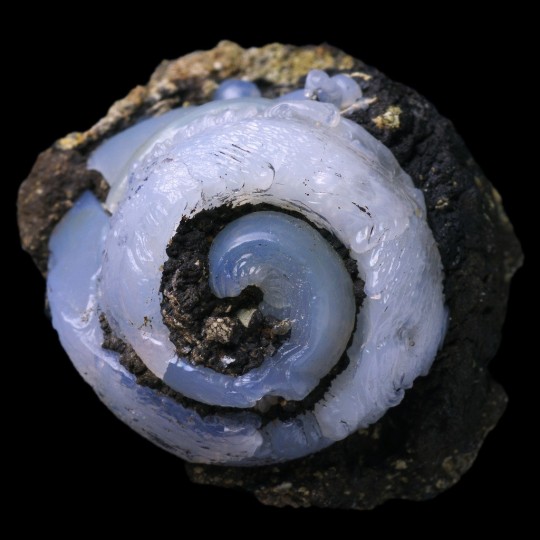
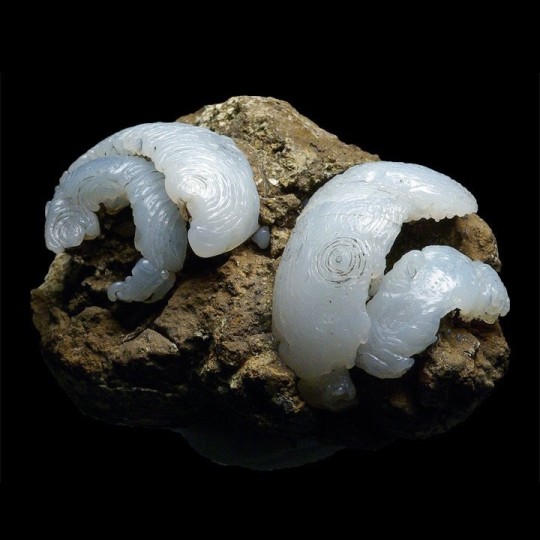
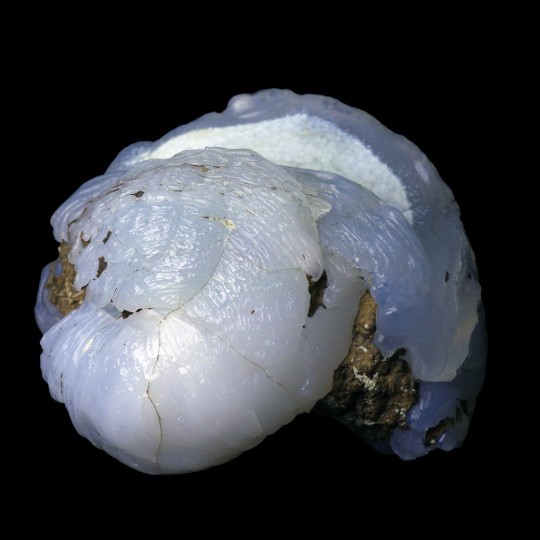
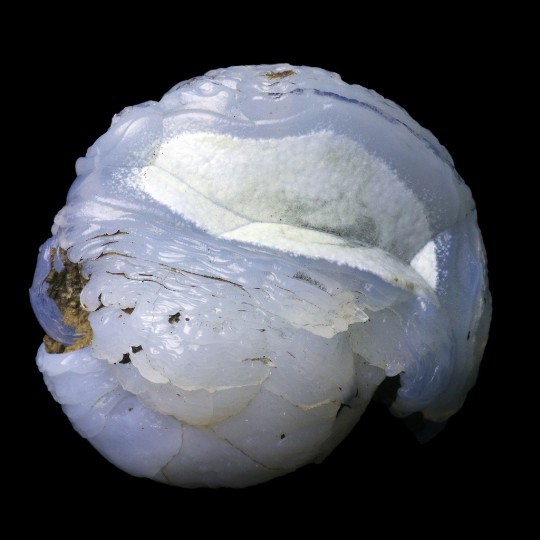
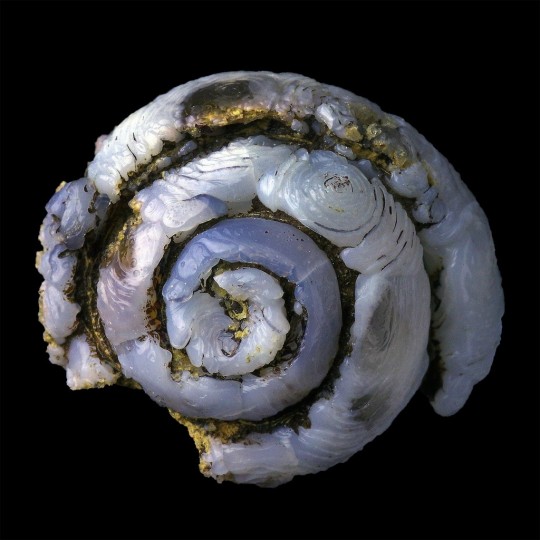
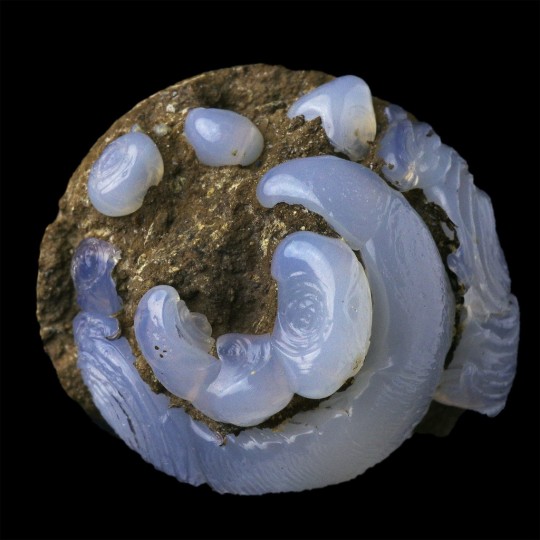


Epigenised (Opal-CT, Lussatite) Helix Ramondi snail fossil, from Dallet, Puy-De-Dôme, France.
#opal-ct#lussatite#epigenised#epigenized#snail#snails#helix ramondi#gastropod#gastropods#animal#animals#fossil#fossils#fossilised#fossilized#ancient#dallet#puy-de-dôme#puy-de-dome#france
17K notes
·
View notes
Text
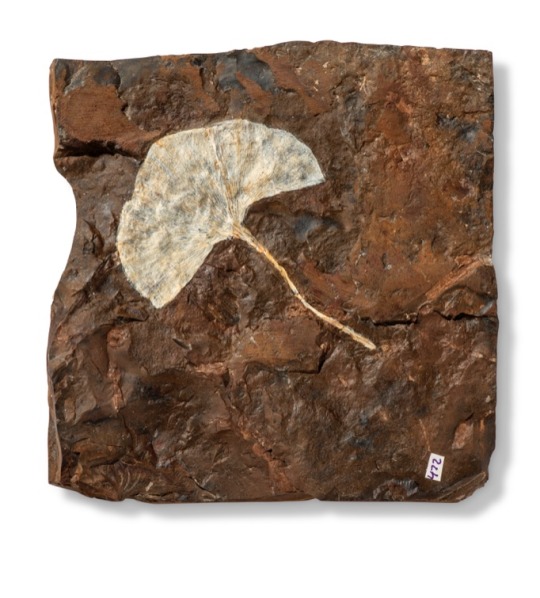

A FOSSIL GINKGO LEAF Colorado, USA
From the Paleocene (circa 58 - 55 million years ago) the clearly defined 31⁄4-inch wide Ginkgo cranei with well preserved striations, on original matrix. Reverse of matrix three further partial specimens of Ginkgo cranei.
63⁄4 x 67⁄8 x 3⁄4in. (17.1 x 17.5 x 1.9cm.).
#A FOSSIL GINKGO LEAF#colorado#paleocene period#ginkgo cranei#fossils#archeology#archeolgst#history#history news#ancient artifacts#nature
9K notes
·
View notes
Text

Coelacanth Sketch
Idea for a possible traditional canvas painting that I may try paint soon
#my art#sketch#brainstorm#coelacanth#ancient fish#marine#fish#prehistoric#Thinking of doing some irl canvas paintings based on prehistoric fish/molluscs maybe so this is me just sketching some ideas#digital art#art#living fossil#they are such cool fish
788 notes
·
View notes
Text
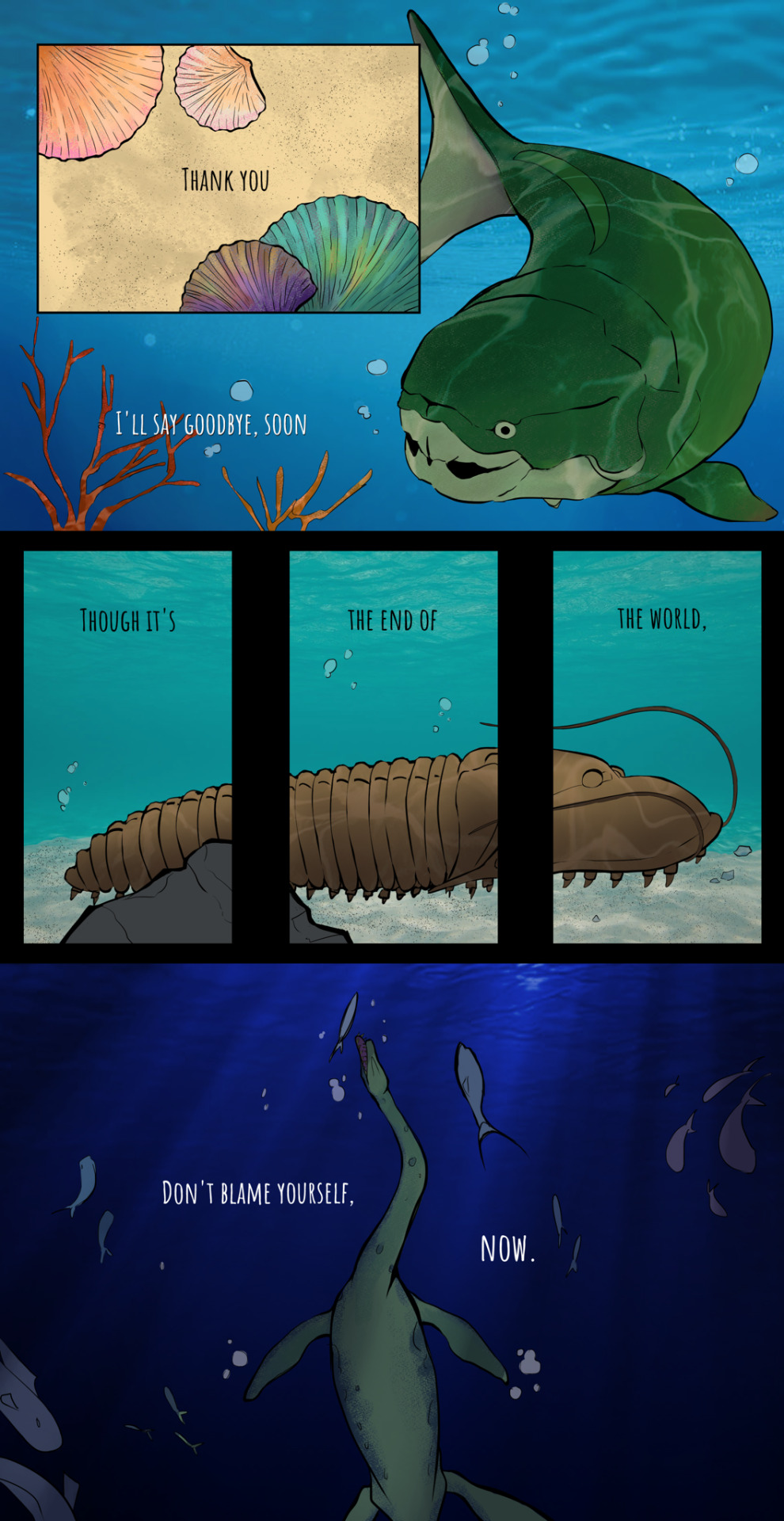
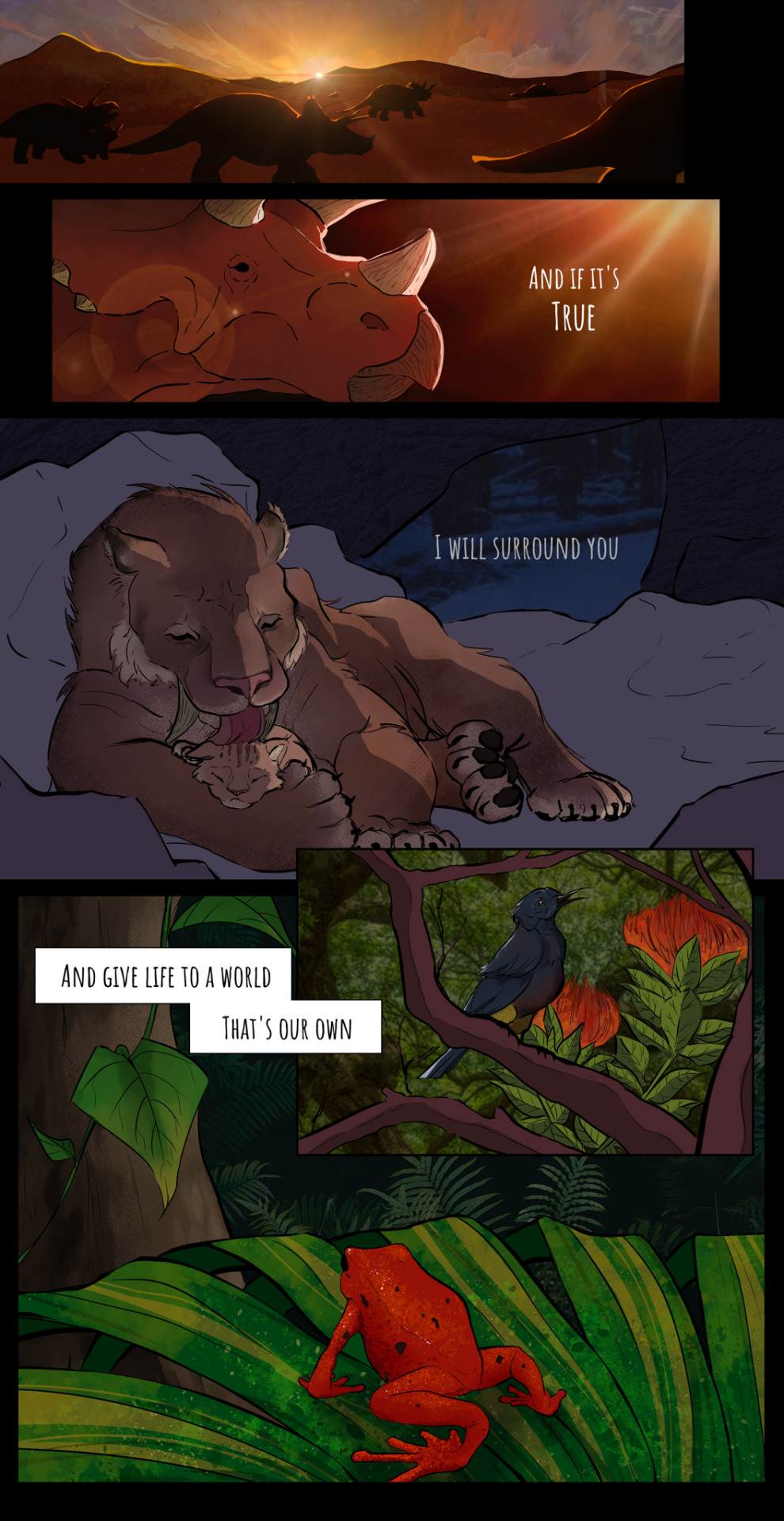
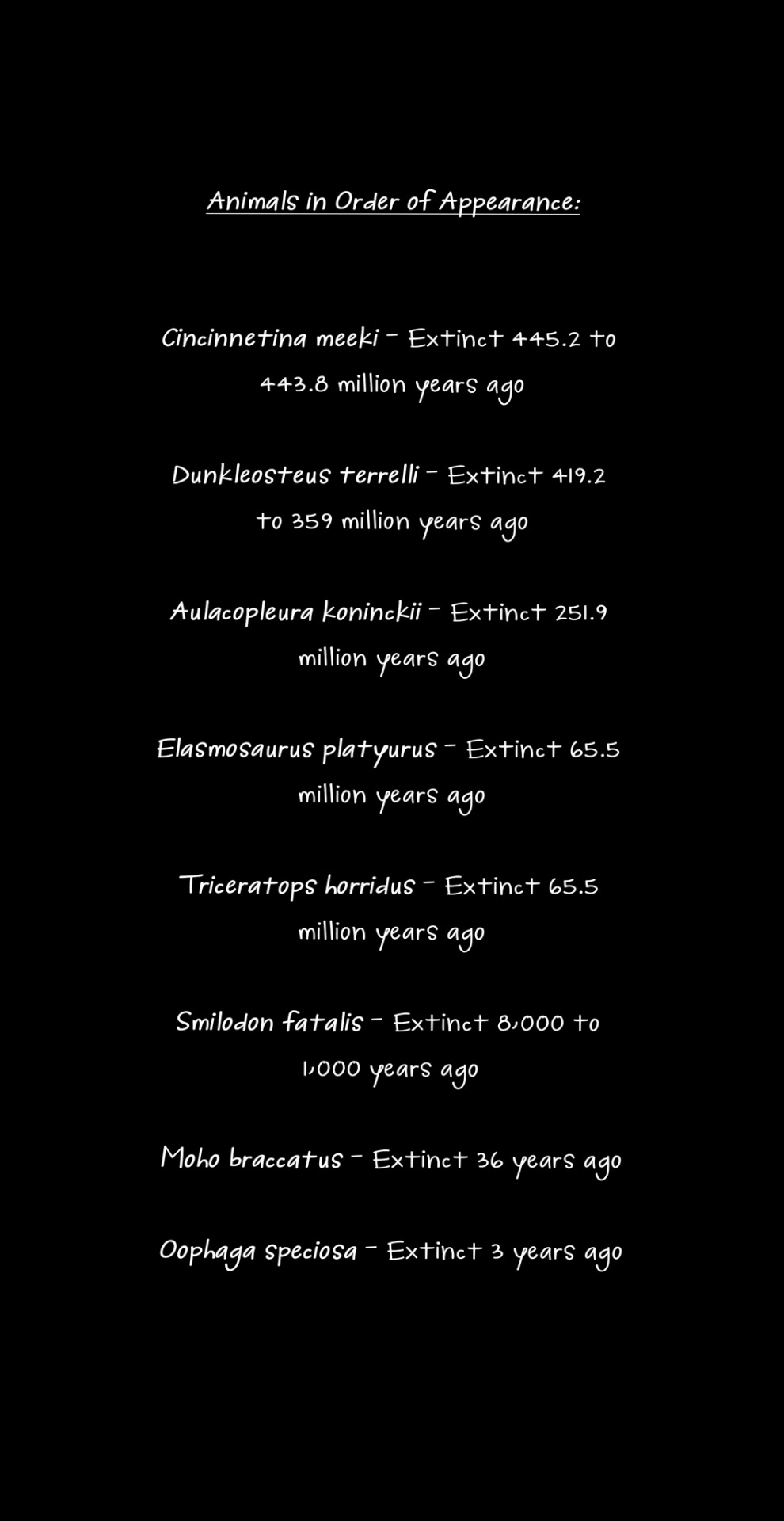
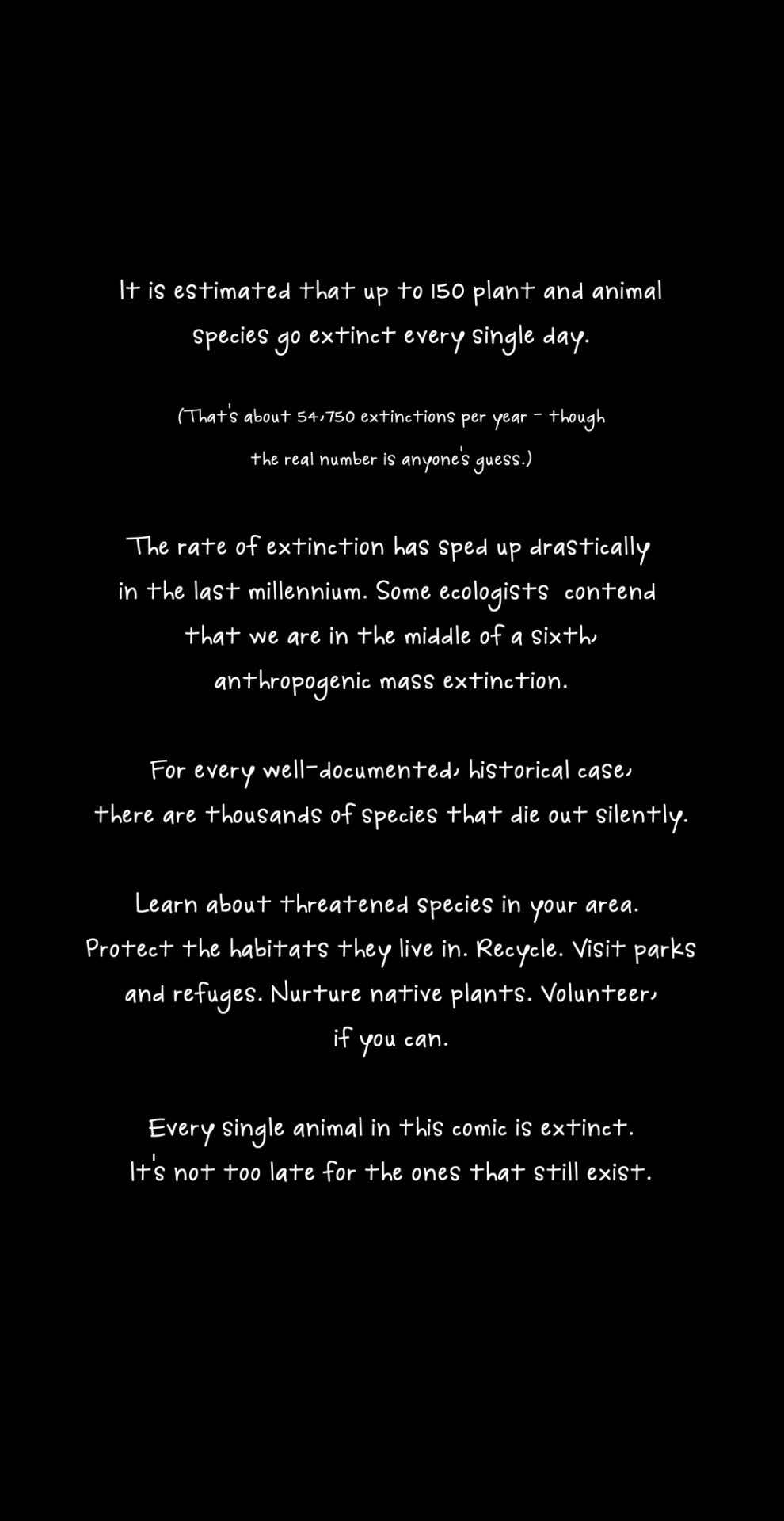
text from porter robinson's "goodbye to a world"
every single animal in this comic is extinct. it's not too late for the ones that are left.
edit: thanks @mudcrabmassacre for the correction, smilodon fatalis did not in fact go extinct in 1023 AD. the actual prediction is around 10,000 years ago - I think i may have missed a zero or two.
#comic#art#environment#conservation#animals#extinct species#fossils#climate change#dinosaurs#ancient life#endangered species#endangered animals#comics#artists on tumblr#digital art#digital comic#my-art#x
11K notes
·
View notes
Text

was organizing today and found this guy I painted a few years ago
I think it's fascinating to think about the some of what are now deserts of the United States as once part of inland seaways. You can stand on what was once the sea floor and look up to see where prehistoric creatures might have swum above you
461 notes
·
View notes
Text
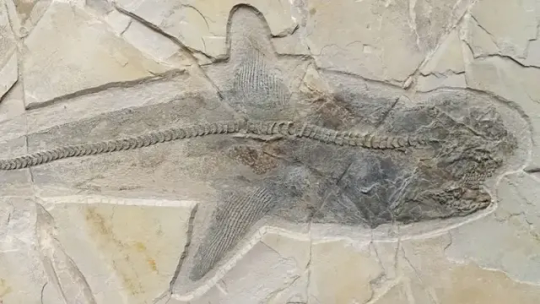
Shark News!! Fossil of an ancient shark that swam in the age of dinosaurs solves centuries-long mystery
🦈🦈🦈🦈🦈🦈🦈🦈🦈🦈🦈🦈🦈
2K notes
·
View notes
Text

Stromatolite fossil



The greatest witnesses to the formation of the earth. Spectacular formation.
#stromatolite fossil#stromatolite#microbiology#microorganisms#fossil collection#fossil#fossils#collectibles#special collections#stone aesthetic#geology#rocks and minerals#gemstones#sea fossil#earth science#achat#earth#ancient history#geolocation#geology rocks#collectible#mineral specimen#eocene#natural history#natural life#beauty of nature#collection#museum
429 notes
·
View notes
Text

Yes, this Hyphalosaurus fossil REALLY DOES exist, and it is on the cover of our new book, written by Dr Dean Lomax - Palaeontologist and illustrated by me (Published by Columbia University Press). Read all about it and 49 other amazing fossils (not all dinosaurs) that tell us about the behaviour of prehistoric animals. Pre-order on Amazon now!
#Fossil#FossilHunter#Fossils#Paleontology#Palaeontology#Paleontologist#NaturalWorld#Jurassic#Dinosaur#Geology#Nature#Ancient#JurassicPark#Prehistoric#Extinct#Animals#DinosaursOfInstagram#FossilHunting#DinosaurBook#DinosaurArt#Art#Painting#PaleoArt#PalaeoArt#SciArt#SciComm#DigitalArt#Illustration#Dinosaurs#Birds
258 notes
·
View notes
Text



✨MAX REVIVE✨
The reprint of my fossil pokemon zine is here, and it features MORE pokemon than before! Physical copies will be available at Momocon next month in Atlanta, Georgia!
The only way to see these seven new pieces of copic marker art is to either buy the book, or order the original marker drawings which I’ll be selling for $130 each (USA only). DM me if you’re interested!
149 notes
·
View notes
Text

Skin? Moisturized. Teeth? Tusk-like. Today’s mood? Mastodonsaurus giganteus. This animal lived during the Late Triassic about 215 million years ago. It’s an extinct relative of frogs and salamanders, but it probably behaved more like a crocodile: Its large, flat skull and tusk-like teeth (some of which protruded through the skull) seem to be adapted for seizing large prey. You can see this life-sized model in the Museum’s Hall of Vertebrate Origins! Plan your visit.
#science#amnh#museum#nature#natural history#animals#fact of the day#paleontology#did you know#cool animals#mastodonsaurus#triassic#vertebrates#ancient animals#fossil friday
2K notes
·
View notes
Text

Baryonyx skeleton. National Museum of Nature and Science, Tokyo.
Picture from ★Kumiko★ on Flickr.
#★Kumiko★#baryonyx#fossil#dinosaur#ancient history#prehistory#prehistoric#science#archeology#paleontology#Tokyo
152 notes
·
View notes
Text
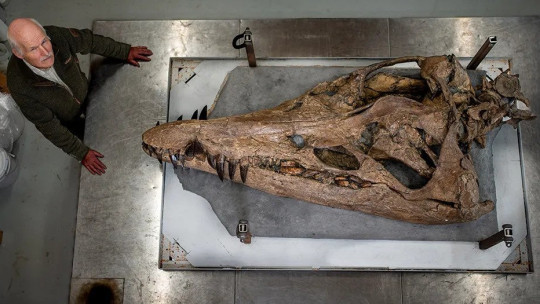
Gigantic Skull of Prehistoric Sea Monster Found on England’s ‘Jurassic Coast’
The remarkably well-preserved skull of a gigantic pliosaur, a prehistoric sea monster, has been discovered on a beach in the county of Dorset in southern England, and it could reveal secrets about these awe-inspiring creatures.
Pliosaurs dominated the oceans at a time when dinosaurs roamed the land. The unearthed fossil is about 150 million years old, almost 3 million years younger than any other pliosaur find. Researchers are analyzing the specimen to determine whether it could even be a species new to science.
Originally spotted in spring 2022, the fossil, along with its complicated excavation and ongoing scientific investigation, are now detailed in the upcoming BBC documentary “Attenborough and the Jurassic Sea Monster,” presented by legendary naturalist Sir David Attenborough, that will air February 14 on PBS.
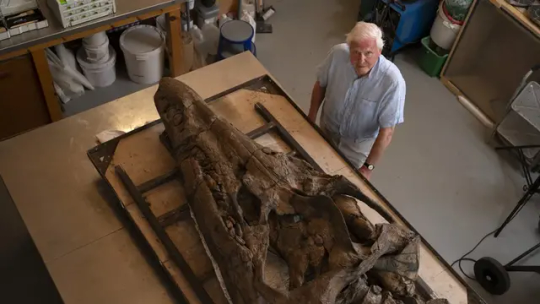
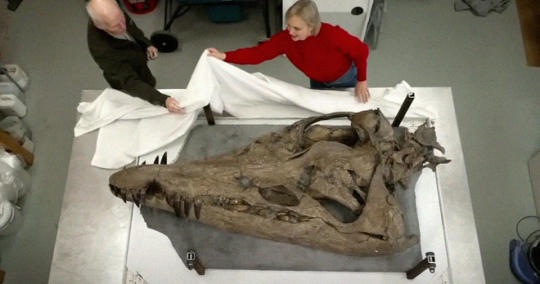
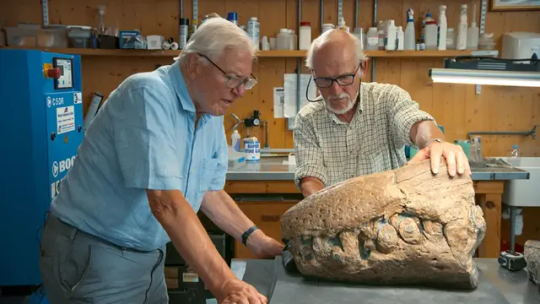
Such was the enormous size of the carnivorous marine reptile that the skull, excavated from a cliff along Dorset’s “Jurassic Coast,” is almost 2 meters (6.6 feet) long. In its fossilized form, the specimen weighs over half a metric ton. Pliosaurs species could grow to 15 meters (50 feet) in length, according to Encyclopaedia Britannica.
The fossil was buried deep in the cliff, about 11 meters (36 feet) above the ground and 15 meters (49 feet) down the cliff, local paleontologist Steve Etches, who helped uncover it, said in a video call.
Extracting it proved a perilous task, one fraught with danger as a crew raced against the clock during a window of good weather before summer storms closed in and the cliff eroded, possibly taking the rare and significant fossil with it.
Etches first learned of the fossil’s existence when his friend Philip Jacobs called him after coming across the pliosaur’s snout on the beach. Right from the start, they were “quite excited, because its jaws closed together which indicates (the fossil) is complete,” Etches said.
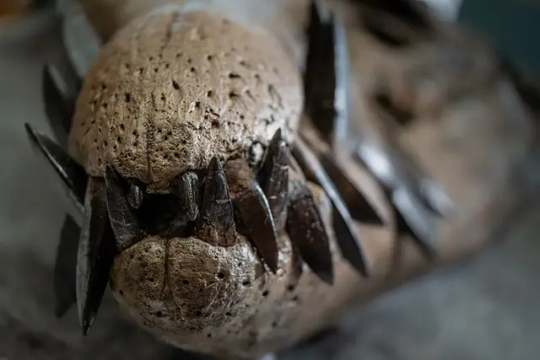
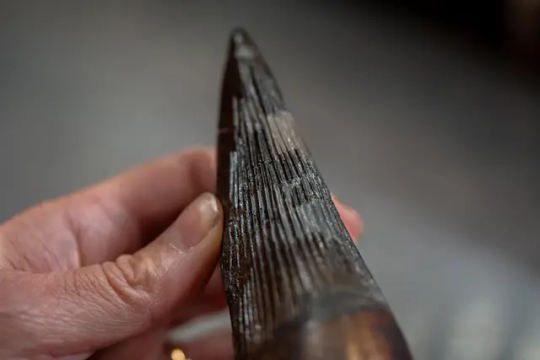
After using drones to map the cliff and identify the rest of the pliosaur’s precise position, Etches and his team embarked on a three-week operation, chiseling into the cliff while suspended in midair.
“It’s a miracle we got it out,” he said, “because we had one last day to get this thing out, which we did at 9:30 p.m.”
Etches took on the task of painstakingly restoring the skull. There was a time he found “very disillusioning” as the mud, and bone, had cracked, but “over the following days and weeks, it was a case of …, like a jigsaw, putting it all back. It took a long time but every bit of bone we got back in.”
It’s a “freak of nature” that this fossil remains in such good condition, Etches added. “It died in the right environment, there was a lot of sedimentation … so when it died and went down to the seafloor, it got buried quite quickly.”
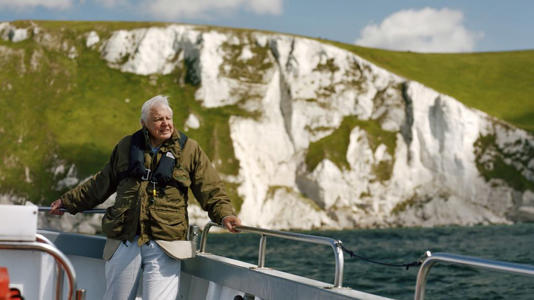
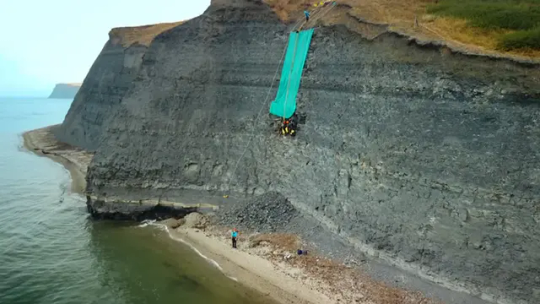
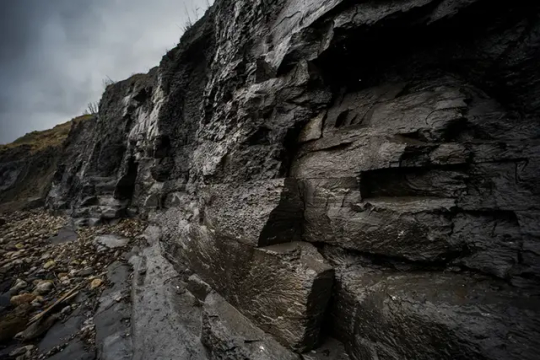
Fearsome top predator of the seas
The nearly intact fossil illuminates the characteristics that made the pliosaur a truly fearsome predator, hunting prey such as the dolphinlike ichthyosaur. The apex predator with huge razor-sharp teeth used a variety of senses, including sensory pits still visible on its skull that may have allowed it to detect changes in water pressure, according to the documentary.
The pliosaur had a bite twice as powerful as a saltwater crocodile, which has the world’s most powerful jaws today, according to Emily Rayfield, a professor of paleobiology at the University of Bristol in the United Kingdom who appeared in the documentary. The prehistoric marine predator would have been able to cut into a car, she said.
Andre Rowe, a postdoctoral research associate of paleobiology at the University of Bristol, added that “the animal would have been so massive that I think it would have been able to prey effectively on anything that was unfortunate enough to be in its space.”
By Issy Ronald.
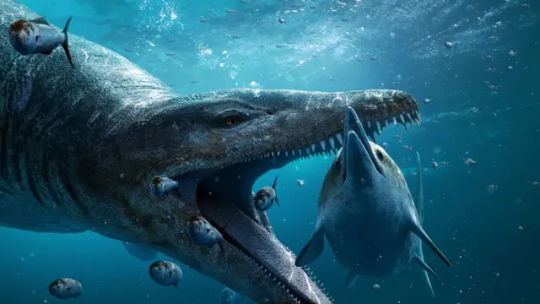
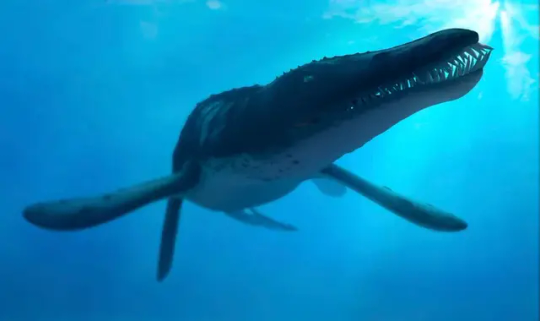
#Gigantic Skull of Prehistoric Sea Monster Found on England’s ‘Jurassic Coast’#Dorset England#pliosaur#jurassic#fossil#prehistoric#dinosaur#paleobiology#palaeontologists#archaeology#archeolgst#history#history news#ancient history#Sir David Attenborough#nature#naturalist
2K notes
·
View notes
Text

@chaellooo that's actually funny cause I drew something like this a few days ago! 😭

#“Don't you love me more than your work?”#“why not research..me ;)” - Garmadon maybe#he just loves spending time with his wife who seems to be always busy with her research 💜#“misako is a extremely alluring beautiful woman” - Garmadons VA who ships garsako..#ninjago#ninjago fandom#garsako#garmadon x misako#garmadon ninjago#ninjago garmadon#lord garmadon#lord garmadon ninjago#ninjago misako#misako ninjago#gotta love your smart beautiful wife who collects fossils and ancient artifacts for a living
252 notes
·
View notes